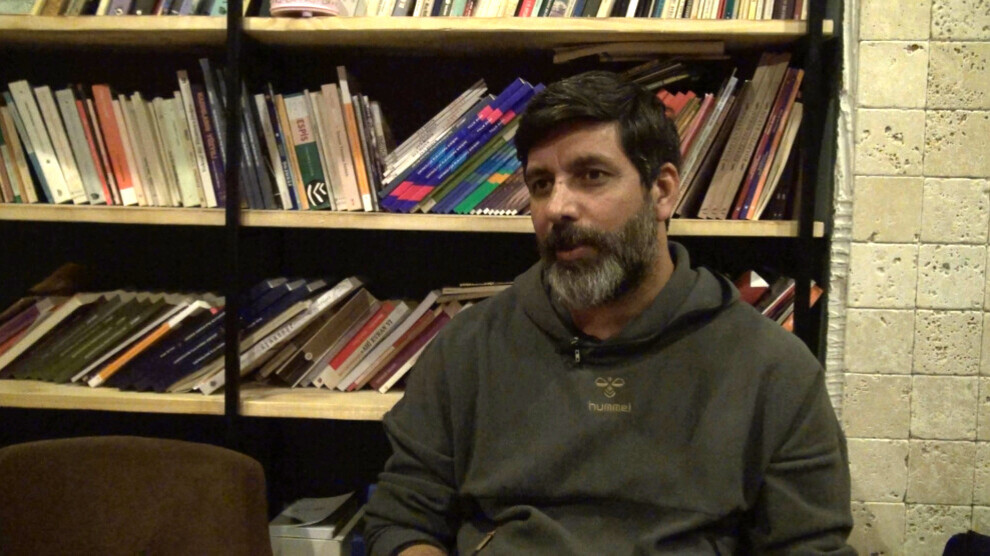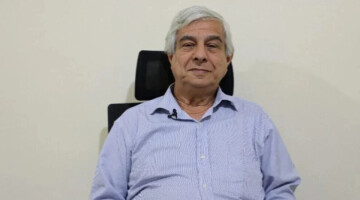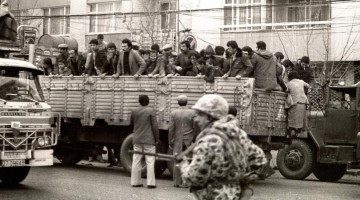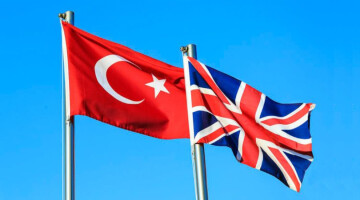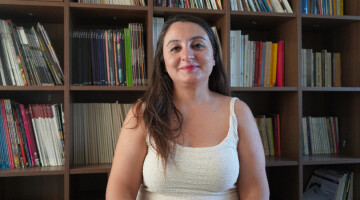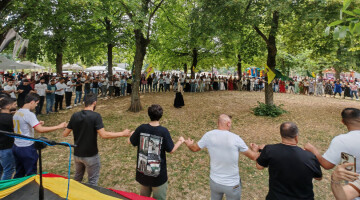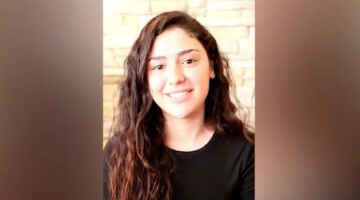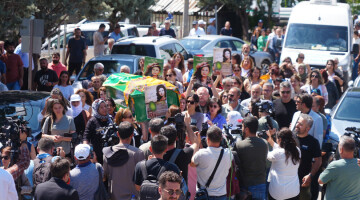Kurdish art and culture continues to develop despite the huge pressure. Cultural work, the foundation of which was laid in the early 90s, enabled the use of the Kurdish language in the public sphere and increased national consciousness today.
Özcan Ateş is one of the actors of Amed City Theater. He spoke to ANF about the importance of theater in Kurdish and the response they get when they perform plays in Kurdish.
"We may have good opportunities within the system, but when you are not valued in front of the public, your work does not matter."
The public is open to innovations
Ateş said that if a theater group proves its competence with its works and imposes itself on society, it can drag the audience to follow it. Ateş added that, even when they perform a play in Turkish, they always present a story that appeals to society in terms of content. He said that they always touch on social agendas in the stories they play. "In principle, we do not produce plays in Turkish, but for those who do not speak Kurdish, we bring in theater companies that play in Turkish once a month. We always make plays in Kurdish here. Kurds have a very deep sense of humor. Again, the Kurdish people have been fighting for years. They are open to innovations and experimentation. They have the consciousness to know the impact of culture and art. Therefore, the emotions that trigger them to take ownership of our plays or our work in general are also powered by this."
Making theater despite difficulties
Ateş said that he has been involved in theater for 20 years, and added: "We are making theater in Kurdish and we are trying to protect our culture. In 2016, the trustees were appointed to the municipality. They wanted to disperse us after they threw us out of the municipality. Their aim was to direct us towards Turkish plays. There were some institutions in Europe that were trying to create opportunities for us to do theater in Europe by supporting us. But we wanted to stay here and continue our culture and art in our own language, with our values and principles. We did not close our doors to those who wanted to support. By staying here, we saw ourselves as individuals who would perform art more comfortably among our people. We told those who offered to help us abroad, to consider helping us to remain in Amed."
Artists are the vanguards of society
Ateş said he is aware of the importance of making theater in Kurdish and added: "For example, I had a teacher who wanted me and my friends, like Yavuz Akkuzu, to enter the Istanbul market, because in this way our recognition would increase. He even proposed to us to be our manager. We declined this offer. Artists are the vanguards of society. Now, if we turn our backs because of a small or big problem, we will actually lose our artistic vein. Therefore, we will try to protect and develop the Kurdish theater within the limits of our possibilities. Today, we could work in the system and have good opportunities, but when you appear in front of the public and you don't see any value, the work you do doesn't matter."

